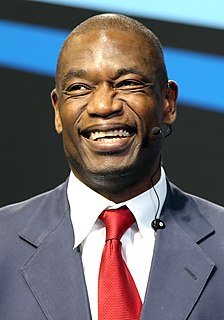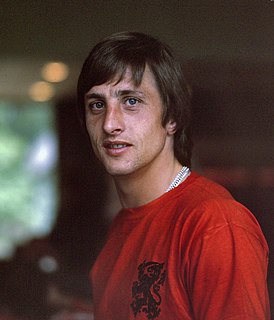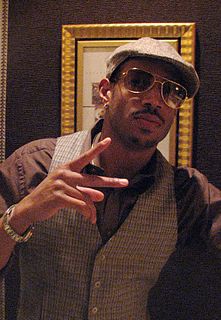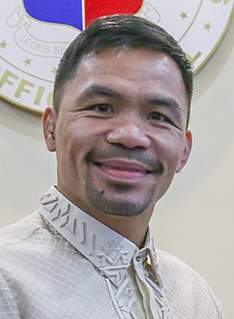A Quote by Ovid
I am the poet of the poor, because I was poor when I loved; since I could not give gifts, I gave words.
Related Quotes
Jesus said when the woman poured the alabaster bottle of perfume on him that was worth almost a year's wages, and Judas, who was very money-minded, said you shouldn't have done that, because you're wasting that, we could have sold that and given it to the poor. And Jesus himself said, you will always have the poor with you, but she has done this as an honor to me, and she will be honored for it all of her days. And so you never run out of poor people. You could give everything you had, I could give everything I had, and the world would still be full of poor people.
Like tens of millions of Americans, my parents were immigrants. They were poor and did not speak English well. They went to flea markets and sold gifts to make ends meet. Eventually, through hard work, they opened six gift stores in shopping malls. My parents achieved the American dream; they went from being poor to a home and gave my brother and me an amazing education. I wanted to serve the country that gave so much to my family.
The hardest thing about an easy match is making a weak opponent play poor. A poor player isn't poor because he tends to kick the ball in his own goal. It's because when you put intense pressure on him, he loses control. So you have to increase the tempo of the game and he'll automatically give the ball away.
I don't want there to be this separation between the rich and poor. I may be part of the three percent because I've been fortunate and done well for myself, but I will never forget about the 97 percent. That was me growing up. I was so poor I dreamt about being just 'regular poor,' not 'poor, poor.'
God wants us to show compassion and understanding toward the unemployed or the poor not because they are poor, but because poor people, with help from those who are already successful, can become rich. And when the poor become rich, all will benefit, because in our modern economy new unemployment is the first sign of economic growth.
When we give help to the poor, we are not doing the work of aid agencies 'in a Christian way'. Those are good, it is a decent thing to do - aid work is good and quite human - but it is not Christian poverty, which St. Paul desires of us and preaches to us. Christian poverty is that I give of my own, and not of that which is left over - I give even that, which I need for myself, to the poor person, because I know that he enriches me. Why does the poor person enrich me? Because Jesus Himself told us that He is in the poor person.
When you live in a poor neighborhood, you are living in an area where you have poor schools. When you have poor schools, you have poor teachers. When you have poor teachers, you get a poor education. When you get a poor education, you can only work in a poor-paying job. And that poor-paying job enables you to live again in a poor neighborhood. So, it's a very vicious cycle.
On the one hand, I loved being a banker. I loved how numbers could tell a story and how you can invest in ideas and see them translate into products and services and create jobs. What I didn't like, particularly where I was working in Brazil during the debt crisis of the early '80s, was how the poor were excluded from the banking system. I made the decision to try and experiment with whether we could use the tools of banking to extend the benefits of the economy to the poor.






































